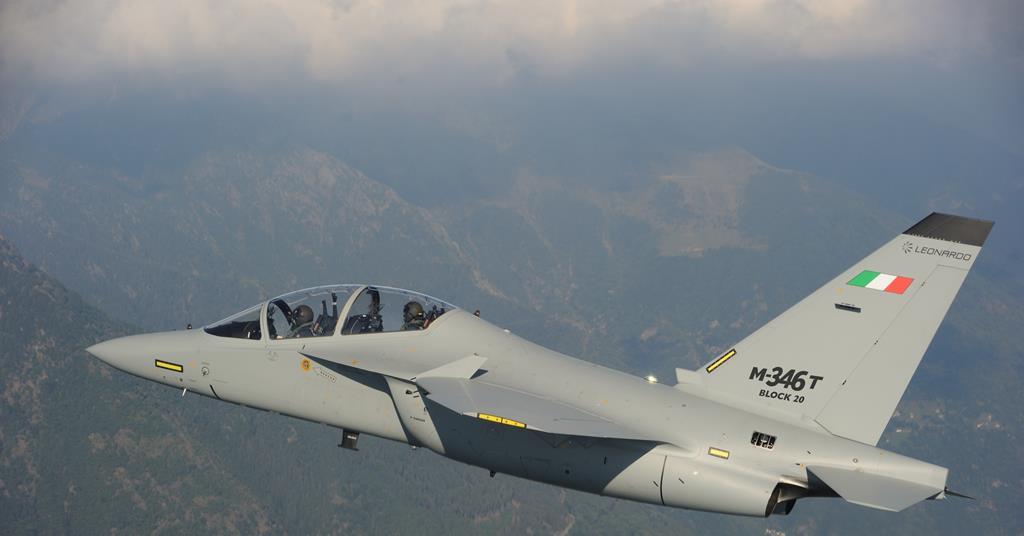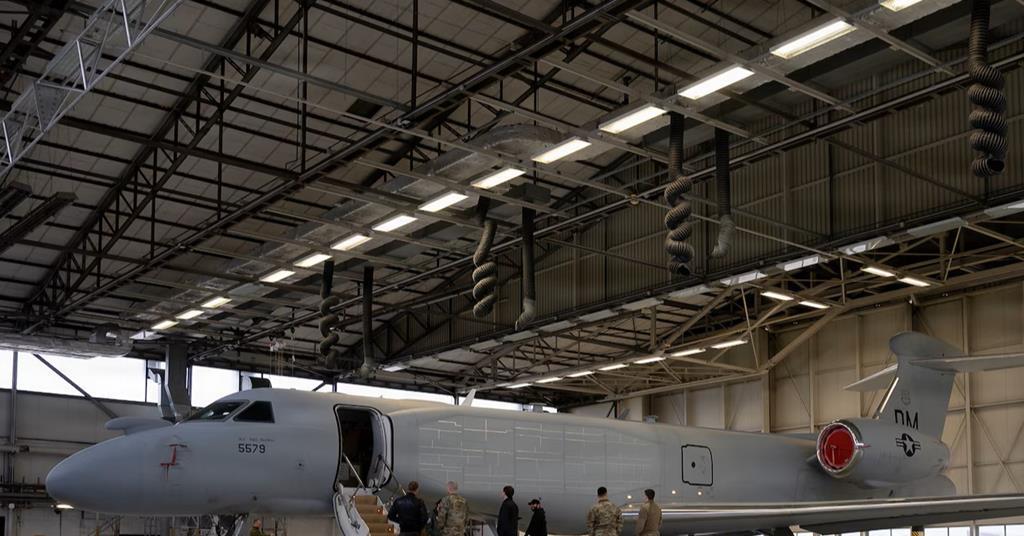Average aircraft age rises as airlines grapple with supply-chain challenges | News
Company
Legal Links
Contact
- +44 7947 753363
- contact@skylineairporttransfers.co.uk
- 6 Walsall Street Bilston Wolverhampton WV14 0AT
© Skyline Airport Transfers. Created by![]() Beaphoenix WebDesign ltd
Beaphoenix WebDesign ltd
Popular Locations:
Birmingham: Aston, Bournville, Edgbaston, Erdington, Great Barr, Hall Green, Handsworth, Harborne, Northfield, Quinton, Soho, Sutton Coldfield, Amblecote, Brierley Hill, Coseley, Cradley, Gornal, Halesowen, Kingswinford, Lye, Netherton, Sedgley, Stourbridge, Quarry Bank, Bearwood, Blackheath, Cradley Heath, Great Bridge, Old Hill, Rowley Regis, Smethwick, Tipton, Tividale, Wednesbury, West Bromwich, Balsall Common, Bickenhill, Castle Bromwich, Chelmsley Wood, Dorridge, Elmdon, Hampton in Arden, Kingshurst, Knowle, Marston Green, Meriden, Monkspath, Hockley Heath, Shirley, Aldridge, Birchills, Bloxwich, Brownhills, Darlaston, Leamore, Palfrey, Pelsall, Pheasey, Shelfield, Streetly, Willenhall, Bilston, Blakenhall, Bushbury, Compton, Ettingshall, Heath Town, Oxley, Penn, Tettenhall, Wednesfield, Burntwood, Lichfield, Cannock, Rugeley, KIDDERMINSTER, Brierly Hill,
STOURPORT-ON-SEVERN
Coventry: Allesley, Binley, Keresley, Stoke, Tile Hill
Leicester: Abbey Rise, Ashton Green, Aylestone, Beaumont Leys, Bede Island, Belgrave, Blackfriars, Braunstone, Braunstone Frith, Bradgate Heights, Clarendon Park, Crown Hills, Dane Hills, Evington, Evington Valley, Eyres Monsell, Frog Island, Goodwood, Hamilton, Highfields, Horston Hill, Humberstone, Humberstone Garden, Kirby Frith, Knighton, Mowmacre Hill, Netherhall, Newfoundpool, New Parks, North Evington, Northfields, Rowlatts Hill, Rowley Fields, Rushey Mead, Saffron, Southfields, South Knighton, Spinney Hills, Stocking Farm, Stoneygate, St. Matthew’s, St. Mark’s, St. Peters, Thurnby Lodge, West End, West Knighton, Western Park, Woodgate
Derby: Matlock, Ripley, Ashbourne, ILKESTON, SWADLINCOTE , BURTON-ON-TRENT, BAKEWELL,
ALFRETON, BELPER, HEANOR
Telford: Market Drayton, Newport, Shifnal, Broseley, Much Wenlock
Stoke: Stoke-on-Trent, Newcastle, Leek, Uttoxeter, Stone, Stafford
Worcester: Worcester, Droitwich, Pershore, Broadway, Evesham, Malvern, Tenbury Wells
Gloucester: Gloucester, Cheltenham, Stroud, Cirencester, Tewkesbury, Badminton, Berkeley, Blakeney, Chipping Campden, Cinderford, Coleford, Drybrook, Dursley, Dymock, Fairford, Lechlade, Longhope, LydbrookLydney, Mitcheldean, Moreton-in-Marsh, Newent, Newnham, Ruardean, Stonehouse, Tetbury, Westbury-on-Severn, Wotton-under-Edge.
Nottingham: Nottingham, Sutton-in-Ashfield, Mansfield, Newark, Southwell, Grantham, Sleaford
Leicester: Leicester, Hinckley, Loughborough, Melton Mowbray, Oakham Market, Harborough, Lutterworth, Wigston, Ashby-de-la-Zouch, Ibstock, Markfield
Oxford: Oxford, Kidlington, Chipping Norton, Thame, Wallingford, Didcot, Wantage, Abingdon, Banbury, Carterton, Woodstock, Bicester, Witney, Chinnor, Watlington
Chester: Chester, Deeside, Bagillt, Buckley, Holywell, Birkenhead, Preston, Wallasey, Wirral, Neston, Ellesmere Port, Prenton
Airports we serve:
BHX: Birmingham Airport
EMA: East Midlands Airport
LHR: London Heathrow Airport
MAN: Manchester Airport
LGW: London Gatwick Airport
LTN: London Luton Airport
SOU: Southampton Airport
BRS: Bristol Airport
LPL: Liverpool John Lennon Airport
LCY: London City Airport
STN: London Stansted Airport



The average age of the global commercial airline fleet has reached a “record” of 14.8 years, according to IATA, as supply-chain challenges frustrate the industry’s growth and decarbonisation efforts.
Outlining its latest forecasts on 10 December, the industry association said that new aircraft deliveries have fallen sharply from the high of 1,813 units in 2018, with this year’s predicted total of 1,254 marking a 30% shortfall from expectations as the year began. That left the age of the fleet this year significantly higher than the 1990-2024 average of 13.6 years.
IATA expects deliveries to rise to 1,802 units in 2025, which is still “well below” earlier expectations of 2,293 deliveries, with further downgrades “widely seen as quite possible”, it claims.
“Supply-chain issues are frustrating every airline with a triple whammy on revenues, costs and environmental performance,” says IATA director general Willie Walsh.
“Load factors are at record highs and there is no doubt that if we had more aircraft they could be profitably deployed, so our revenues are being compromised.
“Meanwhile, the ageing fleet that airlines are using has higher maintenance costs, burns more fuel, and takes more capital to keep it flying.”
Notably, IATA points out that the ageing fleet means fuel efficiency flatlined between 2023 and 2024, marking a “step back” from the long-term trend of annual improvements.
“Manufacturers are letting down their airline customers and that is having a direct impact of slowing down airlines’ efforts to limit their carbon emissions,” Walsh says.
Furthermore, lease rates for narrowbody aircraft are up 20-30% on 2019 levels, amid “exceptional” demand to compensate for the lack new jets, IATA says.
Compounding the issue, IATA states that some 14% of the global fleet – or around 5,000 aircraft – is parked. That is around four percentage points up on pre-Covid levels, it notes, and is partly explained by some 700 jets being grounded for inspections of their Pratt & Whitney geared turbofans. The latter issue is expected to persist into 2025.
Airbus, Boeing and other manufacturers have acknowledged that supply-chain challenges continue to create uncertainty around production targets into 2025, while insisting that many of the issues are not unique to the aerospace sector.
Source link
Share This:
skylinesmecher
Plan the perfect NYC Memorial Day weekend
Pack only what you need and avoid overpacking to streamline the check-in and security screening…
LA’s worst traffic areas and how to avoid them
Consider using alternative routes, such as Sepulveda Boulevard, which runs parallel to the 405 in…
Leonardo’s M-346 demonstrates FITS4TOP networked training technology for EU
Leonardo has led a demonstration of live, virtual and constructive (LVC) training involving its M-346…
USAF debuts EA-37B Compass Call electronic warfare jet in Europe
The US Air Force’s (USAF’s) new electronic warfare aircraft has made its inaugural appearance in…
Wizz Air discussing transfer of upcoming A321XLRs to ‘another operator’
Wizz Air is discussing transfer of five remaining Airbus A321XLR deliveries to another operator ahead…
Moscow Domodedovo airport to be acquired by rival Sheremetyevo following auction
Moscow Domodedovo airport is to be acquired by an entity linked to the Russian capital’s…
Wizz Air not forced to deploy A321XLR exclusively on long-haul routes: chief
Budget carrier Wizz Air’s chief, Jozsef Varadi, insists that the carrier does not feel compelled…
Airbus’s ‘Beluga 5’ to be converted into science education facility at Broughton
Airbus is to convert one of its A300-600ST Beluga outsize transports into a science and…
Raytheon nears rate production of PhantomStrike radar for FA-50, autonomous fighter jets
Raytheon is ramping toward the start of rate-production later this year on the company’s PhantomStrike…
Irish Air Corps poised to launch operations with new Dassault Aviation Falcon 6X transport
The Irish Air Corps is poised to begin operations with its newly acquired Dassault Aviation…
Ecojet Airlines enters liquidation before launching zero-emission UK flights
A bid by green entrepreneur Dale Vince to create a zero-emission regional carrier has ended…
Elbit Systems UK takes full ownership of Watchkeeper industrial venture UTacS
Elbit Systems UK has taken full ownership of the company established to deliver the British…